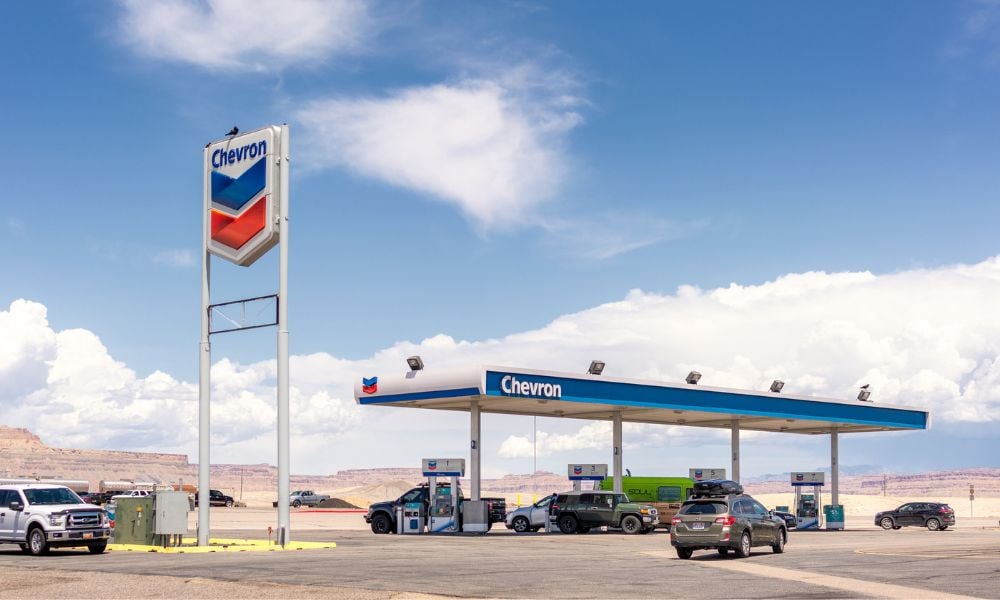
Report finds almost 1 in 3 experienced some form of harassment in past 5 years

In undertaking a review of inappropriate or harmful behaviours at locations in Australia, Chevron has revealed concerning numbers.
Bullying is the most prevalent form, with almost half (47%) of employees having experienced bullying over the last five years, and women experiencing bullying at higher rates than men.
Sexual harassment is the second most prevalent inappropriate workplace behaviour experienced by nearly a third (30%) of Chevron employees in Perth and the Pilbara over the last five years, followed closely by other forms of harassment (verbal and physical) at 29%.
“Sexually suggestive comments or jokes and intrusive questions about one’s private life or appearance were the most prevalent form of sexual harassment. Spreading malicious or hurtful rumours, sexist or racist comments were the most prevalent forms of harassment,” says the report by consultancy Intersection, which is based on feedback from the workforce through focus groups, interviews, written submissions, and an online survey which received about 570 responses.
Overall, they found a high tolerance for “low-level” behaviour that is often labelled as “joking” or “banter,” rather than reported as inappropriate workplace behaviours.
Only a quarter of employees who had experienced bullying, harassment or discrimination — and 10 per cent of employees who had experienced sexual harassment — indicated they had reported the most recent incident they experienced.
"What is clear is that bullying, harassment and discrimination occurs in our workplaces, and not everyone feels confident in reporting these incidents through the various channels available," Chevron Australia managing director Mark Hatfield told the Reuters news service.
Recently, Rhonda Morris, vice president and CHRO at Chevron, took part in a roundtable to debate the future of technology in the HR space.
The Chevron report cites several HR-related issues, such as people exhibiting inappropriate workplace behaviours being moved around or only dealt with at the time of a workforce reorganisation, with “little appetite to address inappropriate behaviours when they occur.”
Some known “problem” individuals were considered “untouchable” because of their perceived value to the organisation or their connections, undermining trust in leadership, said Intersection.
“The lack of accountability for poor behaviour meant that it was allowed to continue or escalate, creating added risk to others.”
Recently, Parliament passed the Respect@Work Bill in a bid to stamp out sexual harassment in the workplace in Australia.
The Intersection review makes several recommendations to Chevron, including:
“The commitment, collegiality and curiosity of the Chevron Australia workforce provide a sound base from which Chevron Australia can, with implementation of these recommendations and commitment to change, be the safe, respectful and inclusive organisation it seeks to be,” says the report.